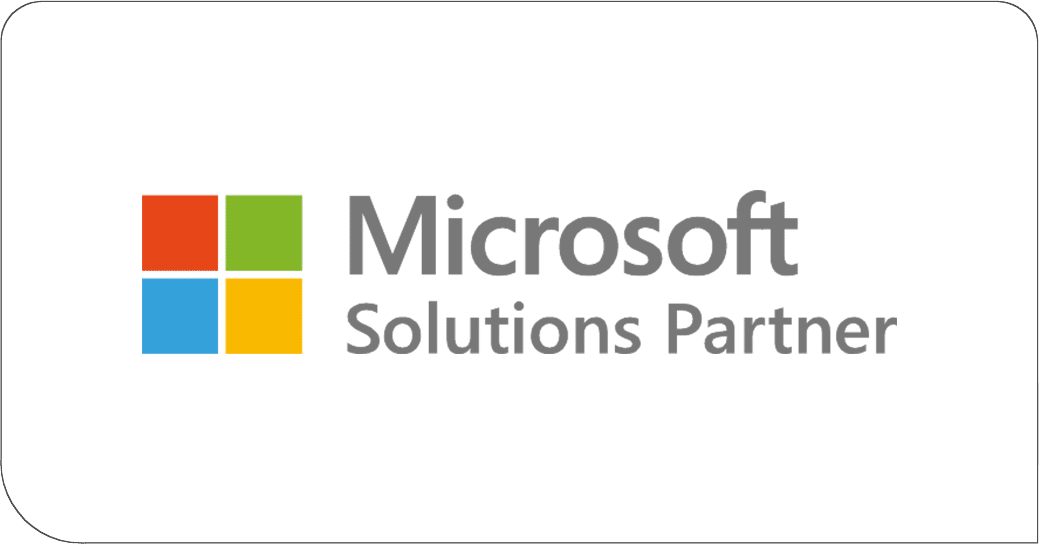McKinsey Global Institute estimated that Internet of Things (IoT) applications could have a potential economic impact of $3.9 trillion to $11.1 trillion per year by 2025. It’s clear today that from small-scale startups to multinational corporations, IoT is transforming operations across various sectors.
By integrating connected devices into everyday business processes, companies are unlocking new levels of productivity, gaining deeper insights into customer behaviors, and fostering enhanced decision-making capabilities. The impact of IoT is profound, offering unprecedented control and monitoring capabilities that were once deemed impossible.
As we delve into the world of IoT in business models, we’ll explore its relevance and practical strategies for effective implementation. From streamlining supply chains, to optimizing resource management, to enhancing customer experiences, IoT holds the key to a new era of connected, intelligent business operations.
Understanding IoT in the Business Context
The Internet of Things (IoT) represents a vast network of devices – from simple sensors to sophisticated smart machines – all interconnected and exchanging data. In a business setting, this translates to a digital ecosystem where every physical asset can communicate, offering real-time insights and operational control.
At its essence, IoT in business involves the use of networked devices to collect, transmit, and analyze data. This data is then used to optimize processes, enhance customer experiences, and make informed decisions. Unlike traditional internet use, which focuses on data exchange between people, IoT facilitates machine-to-machine communication.
In a typical business environment, IoT devices can range from temperature sensors in a manufacturing plant to smart meters tracking energy usage. These devices continuously gather data about their environment, which can be used to monitor performance, predict maintenance needs, or optimize resource allocation.
The Impact of IoT on Government, Education, and Healthcare
The benefits of IoT extend beyond commercial enterprises, significantly impacting vital U.S. sectors and delivering unique transformations.
Government: IoT projects are making waves in public service delivery and infrastructure management. Smart city initiatives integrate IoT to optimize traffic control, waste management, and energy use, leading to improved urban planning and enhanced quality of life for citizens. In emergency services, IoT devices provide real-time data for quicker response and better resource allocation.
Education: IoT transforms both teaching and learning experiences. Smart classrooms equipped with IoT devices enable interactive learning and provide educators with insights into student engagement and performance. IoT also plays a crucial role in campus safety and efficient management of educational facilities, from energy conservation to maintaining optimal learning environments.
Healthcare: IoT revolutionizes patient care through remote monitoring devices, wearable device health trackers, and smart medical equipment. This results in more personalized patient care, efficient management of medical resources, and improved outcomes.
Strategies for Implementing IoT in Business Operations
- Define Clear Objectives: Start by identifying specific problems or areas for improvement in your business that IoT can address. This helps in selecting the right IoT solutions aligned with your business goals.
- Choose the Right Devices: Select devices based on reliability, compatibility, and scalability. Ensure they meet industry standards and can integrate seamlessly with your existing systems.
- Ensure Data Security: Implement strict security protocols to protect sensitive data transmitted by IoT devices. This includes regular software updates, secure data encryption, and adherence to compliance standards.
- Train Your Staff: Equip your team with the necessary skills and knowledge to manage and utilize IoT systems effectively. Regular training sessions and workshops can facilitate a smooth transition to IoT-enabled operations.
- Update IT Infrastructure: Ensure your existing IT infrastructure can support the added load of IoT devices. This may involve upgrading network capabilities, data storage, and processing power.
- Monitor and Optimize: Continuously monitor the performance of IoT systems and gather feedback. Use this data to optimize operations and make adjustments as needed.
Overcoming Challenges in IoT Adoption
While IoT offers immense benefits, its implementation comes with challenges that businesses need to address proactively.
Security Concerns: The most prominent challenge in IoT is data security and privacy. Businesses must implement strong IoT security protocols, including encryption, access control, and regular security audits to safeguard against breaches.
Data Management: Managing the vast amount of data generated by IoT devices can be overwhelming. Effective data management systems are crucial for analyzing and deriving actionable insights from this data.
Integration Complexities: Integrating IoT with existing systems can be complex. It requires technical expertise to ensure seamless connectivity and functionality across diverse platforms and devices.
Cost Implications: Initial setup and maintenance costs can be significant. Businesses should conduct cost-benefit analyses to ensure the investment in IoT aligns with long-term goals and provides a solid return on investment.
By addressing these challenges with strategic planning and the right technological solutions, businesses can fully harness the potential of IoT.
The Future of IoT in Business
The future of IoT in business is poised for exponential growth, driven by advancements in technology and increased adoption across sectors.
AI and Machine Learning Integration: Enhanced with AI, IoT devices will become smarter in decision-making and predictive analytics.
Increased Automation: More business processes will be automated, leading to higher efficiency and reduced human error.
Greater Customization: IoT will enable businesses to offer more personalized experiences to customers based on real-time data.
Maintain a Competitive Edge in an Increasingly Connected World
Davenport Group is ideally positioned to guide your organization through the complexities of IoT implementation. Whether it’s developing smart city infrastructure, enhancing educational environments, or advancing healthcare systems, our team has the knowledge, skill set, and experience to ensure a seamless integration of IoT technologies.
Our expertise in managing IT infrastructure and ensuring cybersecurity places us in a unique position to advise, support, and manage your IoT implementation. Reach out today to start your journey towards a smarter, more connected world.

